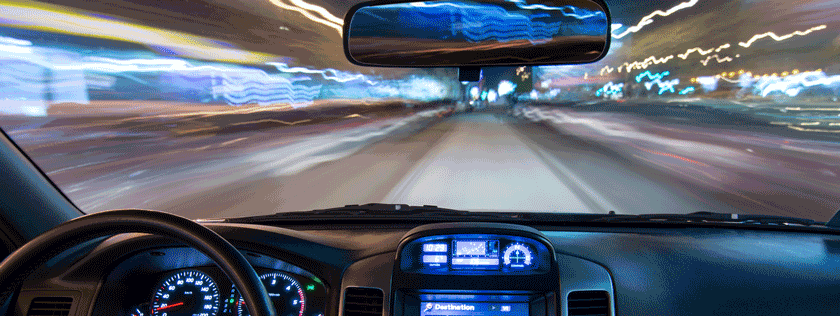Self-Driving Cars - Implications for Car Insurance and Road Accidents

Car manufacturers from Ford to Tesla and technology giants Google and Apple are vying to secure pole position in the race to introduce self-driving cars, or fully autonomous vehicles, to the market.
Google have been testing their cars in California since 2012 and in April 2016 Volvo announced its plans to conduct a test of self-driving cars in the UK as early as next year.
With the introduction of self-driving cars fast approaching, will the space other drivers give the bashed up car of the oblivious driver become a thing of the past and what does the technology mean for the UK insurance industry and the innocent victims of road traffic accidents?
Will UK drivers need car insurance?
According to the Association of British Insurers, 94% of car accidents are caused by human error.
Volvo’s president, Håkan Samuelsson, recently said that their vision is that by 2020 nobody should be killed or injured in a new Volvo car.
This comment has lead to speculation that in the future there will be no requirement for third party liability insurance.
After all, if there are no accidents why would you need to have car insurance?
What happens if future road accidents are caused by self-driving cars?
At present every driver in the UK is required to have in place insurance which will indemnify him against a claim from a third party who is injured as a result of that driver’s negligence – straightforward enough.
However what happens when neither driver is to blame and the accident is caused by the fault of a self-driving car?
Claim against the manufacturer of self-driving car
In such a scenario there may be a need to proceed with a claim against the manufacturer of the self-driving car.
The manufacturers are likely to require extensive product liability insurance to indemnify them against such claims – the cost of which may be passed to the motorist in terms of an increase in the cost of buying the car.
A suggestion the car was at fault for road accident may result in protracted litigation
What may previously have been a clear case of one driver’s negligence, might become a drawn out process as the driver seeks to prove there was something wrong with the car whilst the manufacturer tries to prove otherwise – after all, imagine the public relations disasters for manufacturers if their self-driving cars are found to be causing accidents.
Will self-driving cars mean less accidents?
So far Google has amassed over one million miles of road testing and tells us that only one accident in that time was due to a problem with their technology.
In all likelihood, where a normal car to travel a million miles there would have been significantly more accidents – and all due to human error.
There is certainly a strong possibility that as the number of self-driving cars increases, the number of accidents will decrease, which would be a good thing.
Self-driving cars will still require drivers input in the beginning
However, most self-driving cars in the early days will not be fully self-driving.
They will still require some input from a driver - but that also carries risks.
Risk of accidents as drivers become complacent
There is an argument that this will increase the risk of accidents as drivers become complacent and rely on technology in situations it has not been designed for.
95% want option for drivers input
As a final thought, a study by the University of Michigan said 95% of respondents would want a fully autonomous car to still have controls to allow driver input.
Perhaps this suggests a very strong public reluctance to rely on technology to get us safely from A to B.
Number of years before all cars in the UK are self-driving
It will be a long time before all of the cars on our roads are self-driving.
If you are one of the first you may be able to rely on your car not to cause an accident, but when you see a bad driver heading towards you, you might feel more comfortable being able to manually give them the wide berth that everyone else has.
